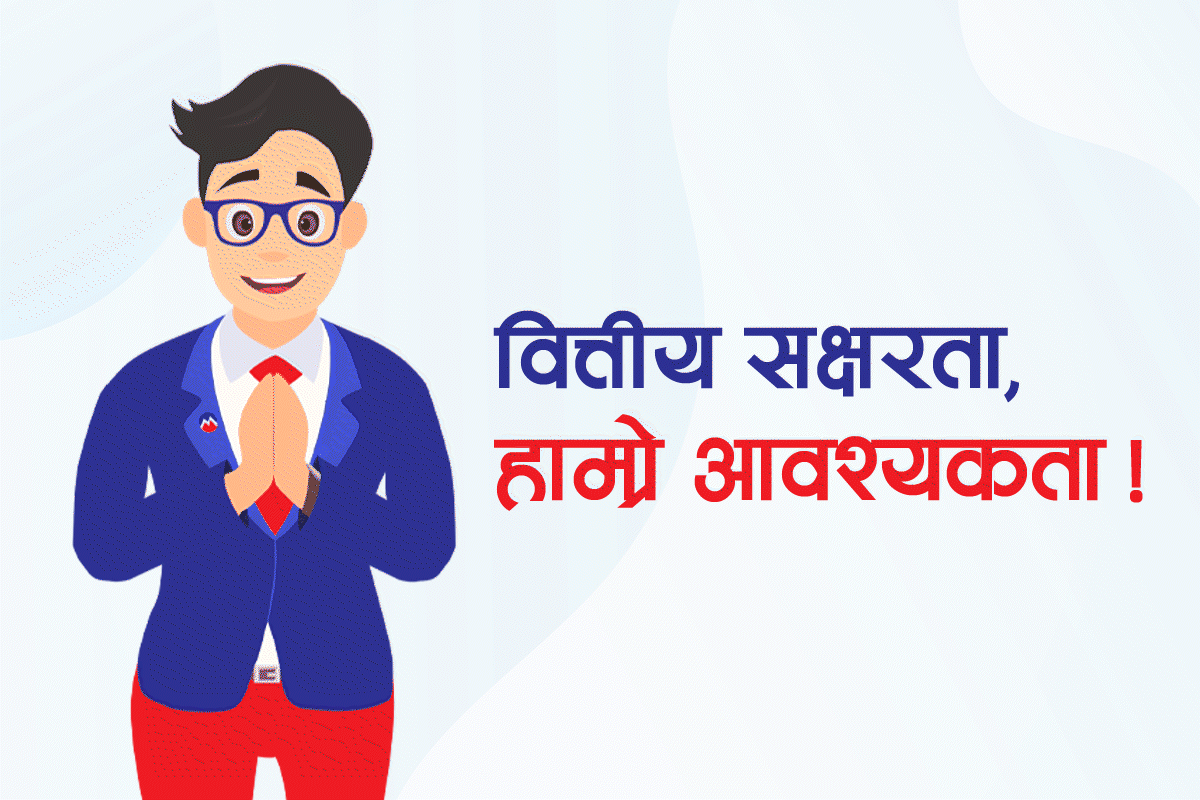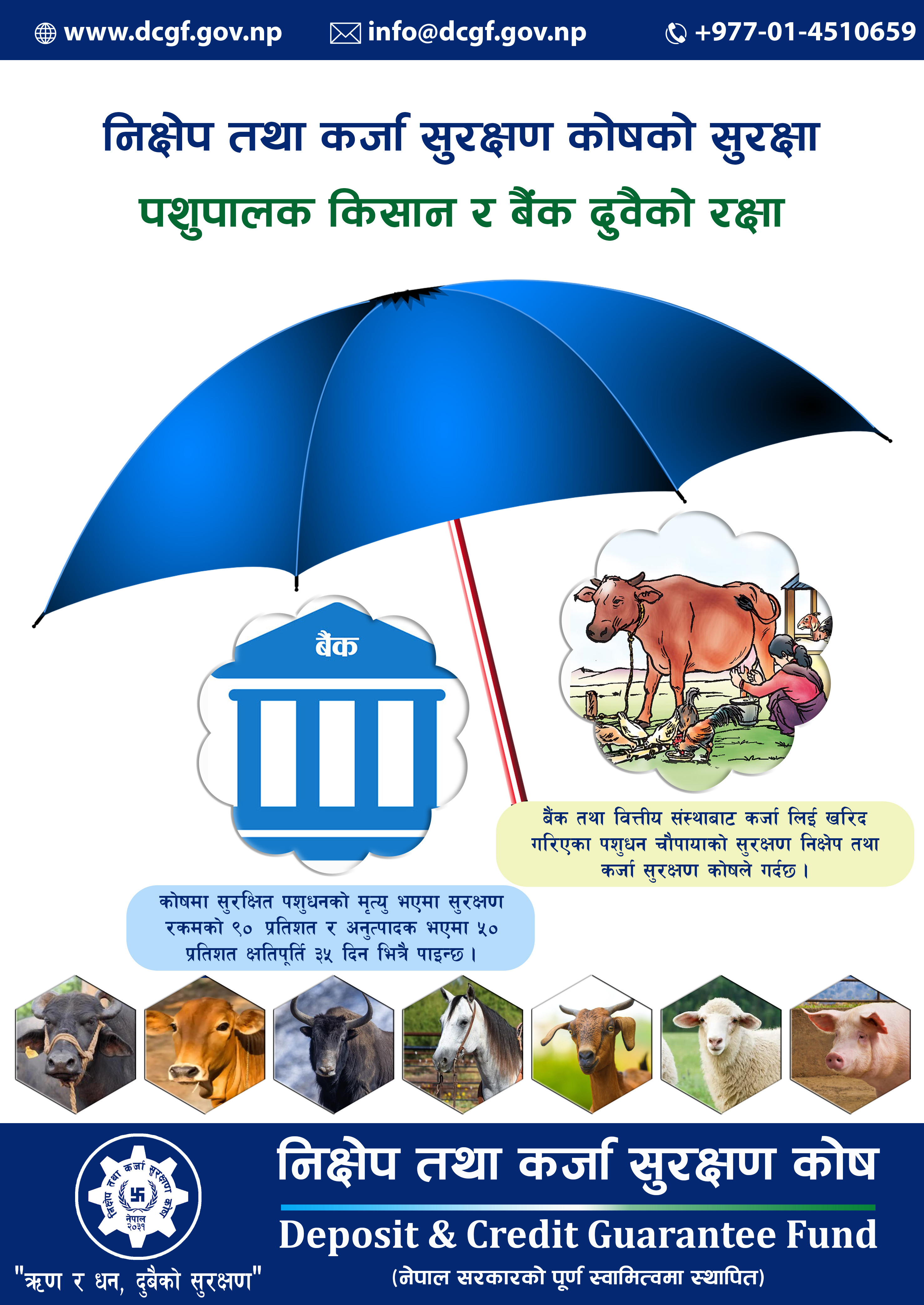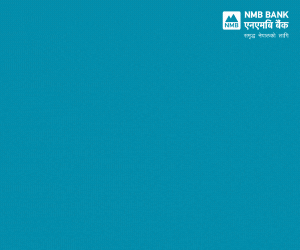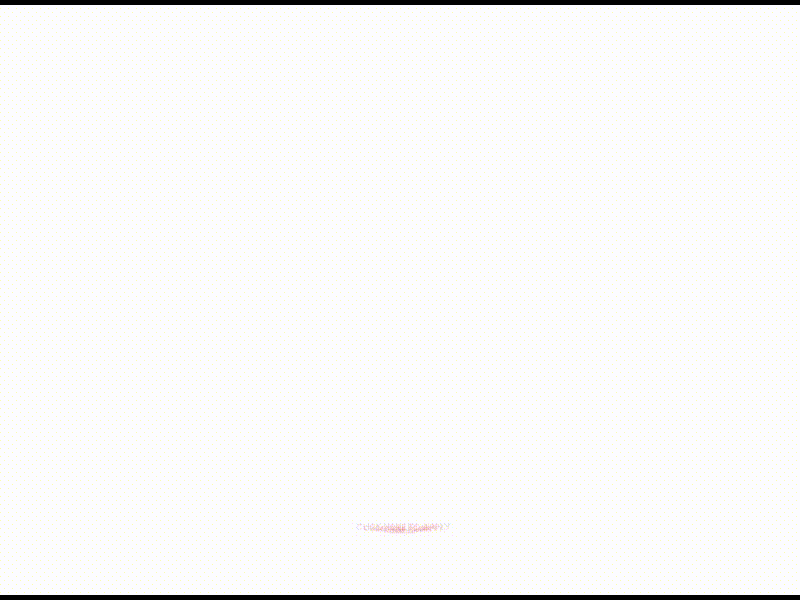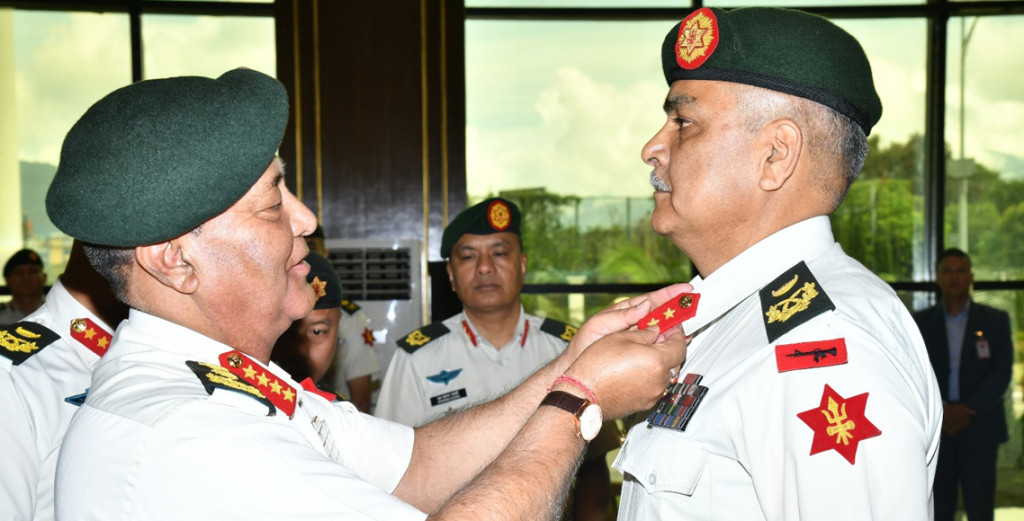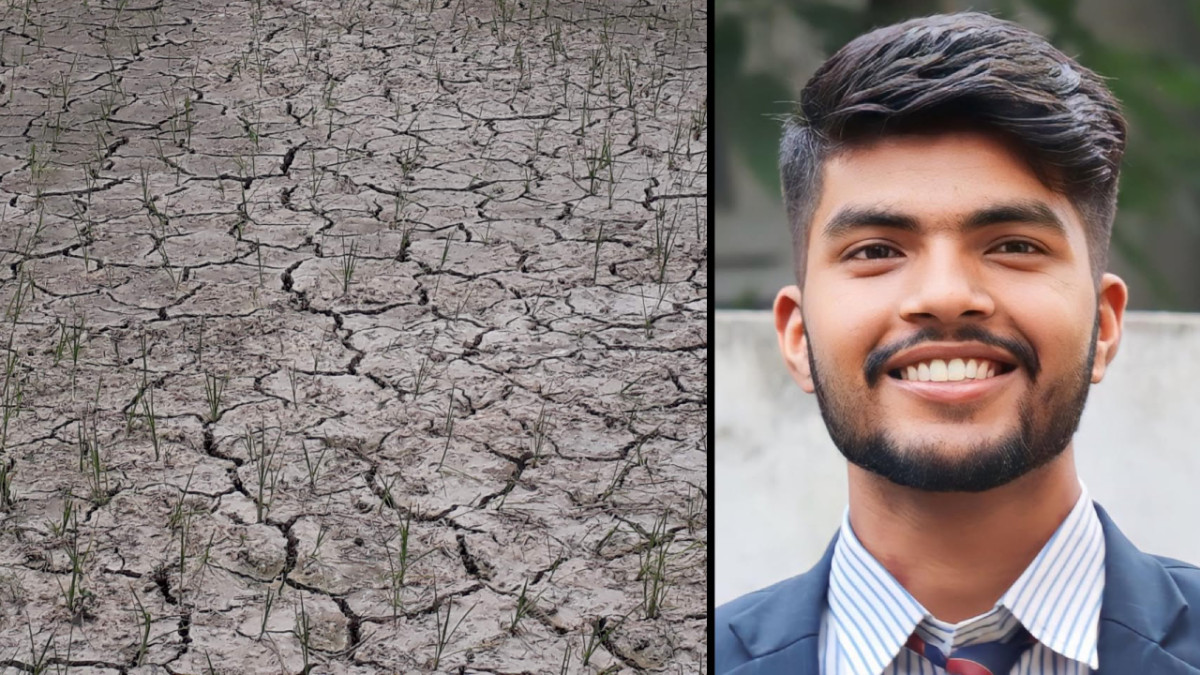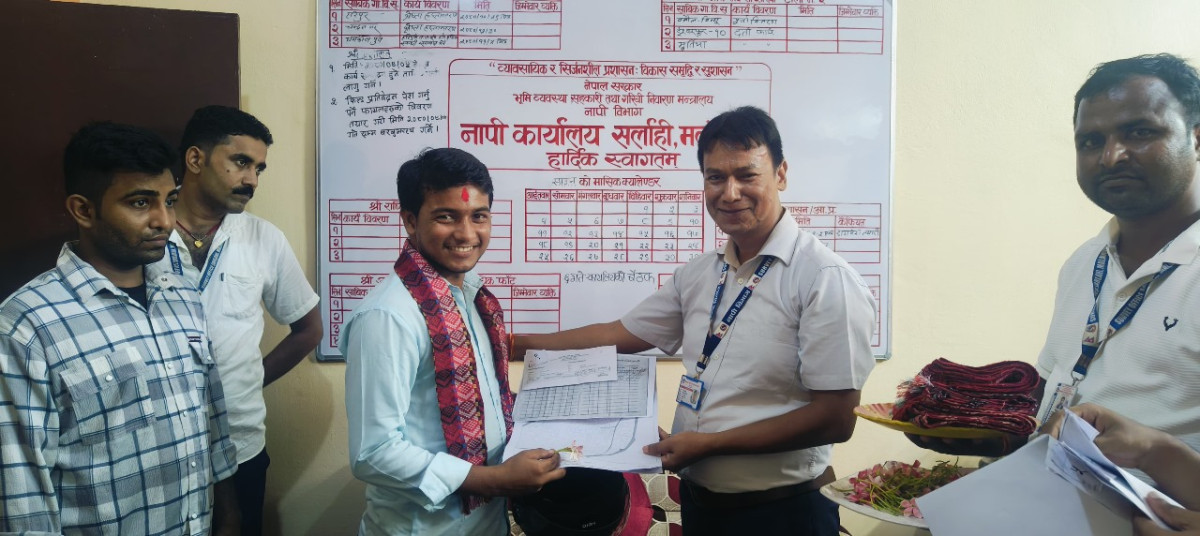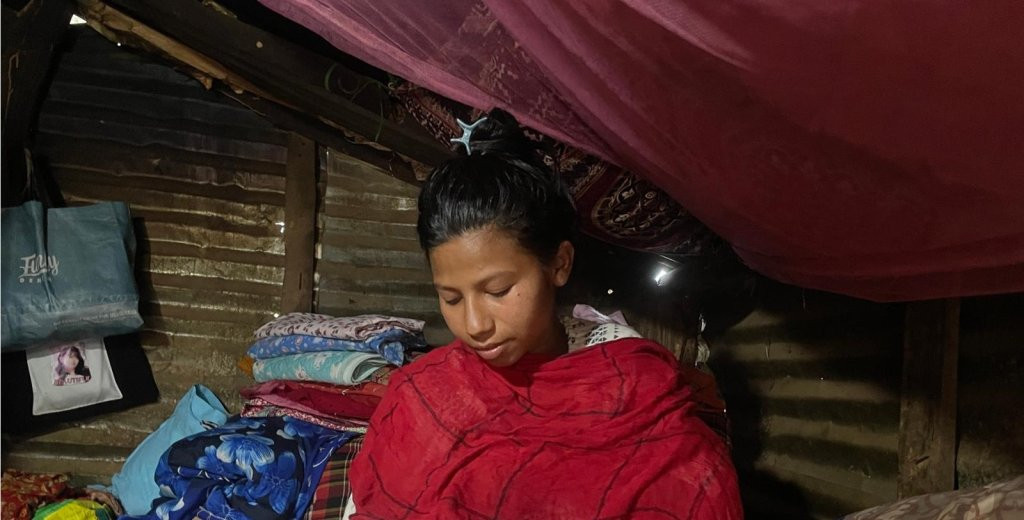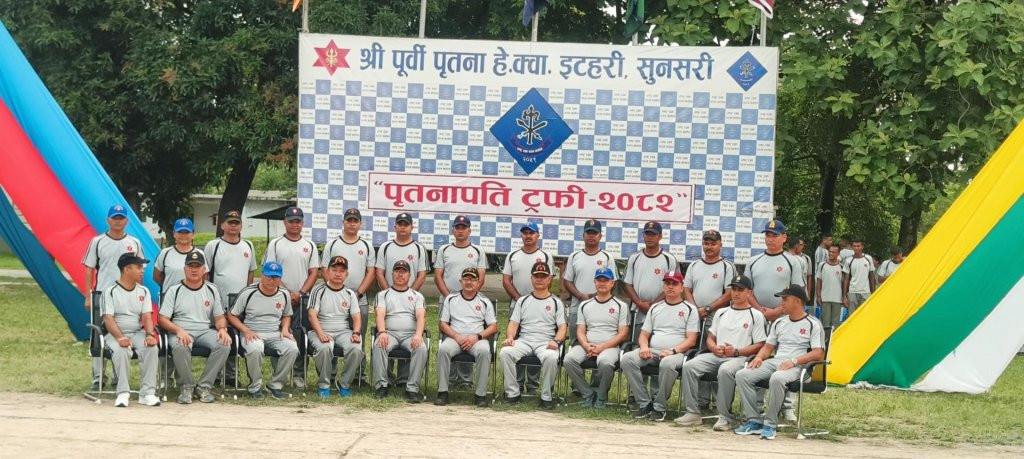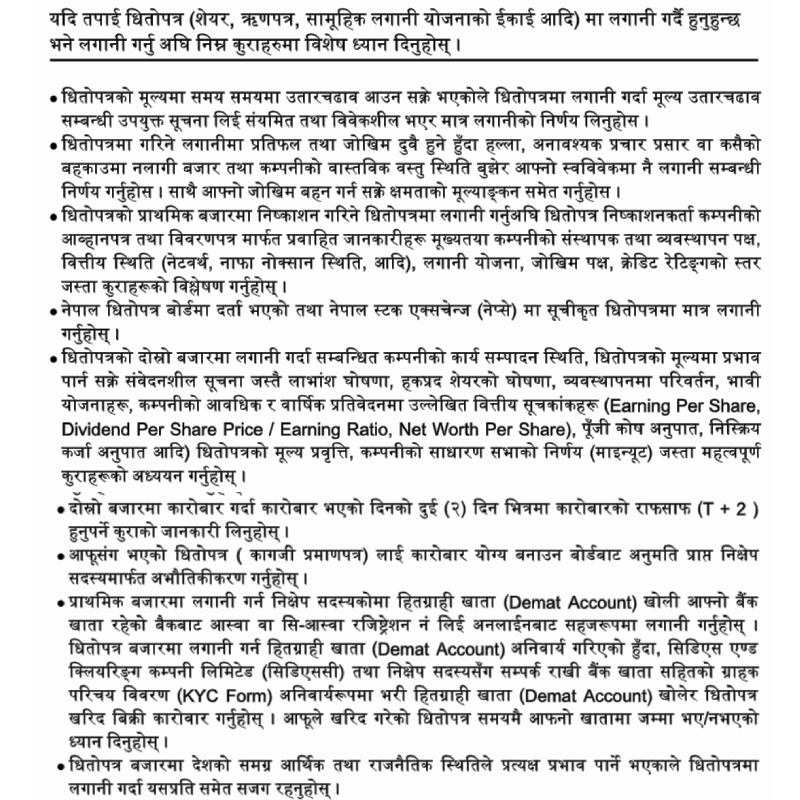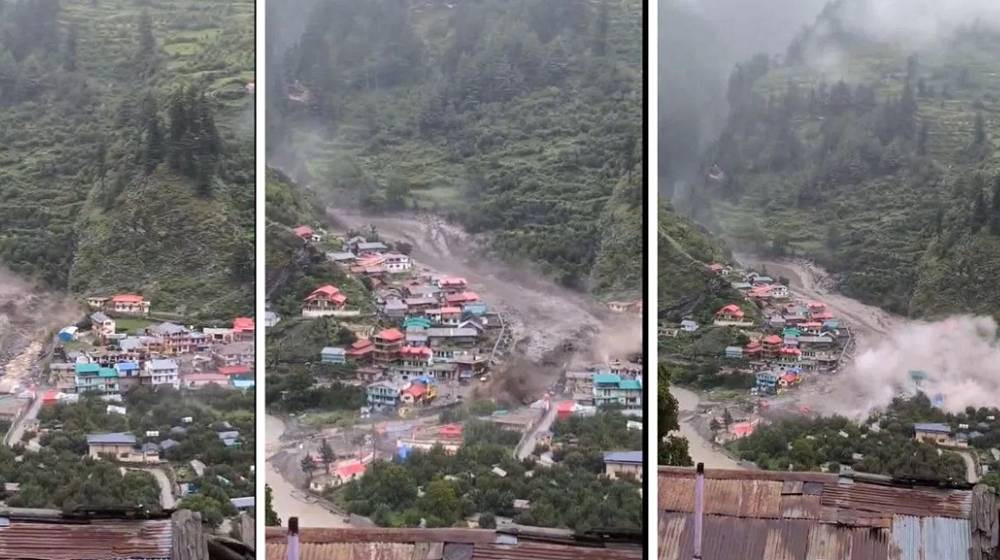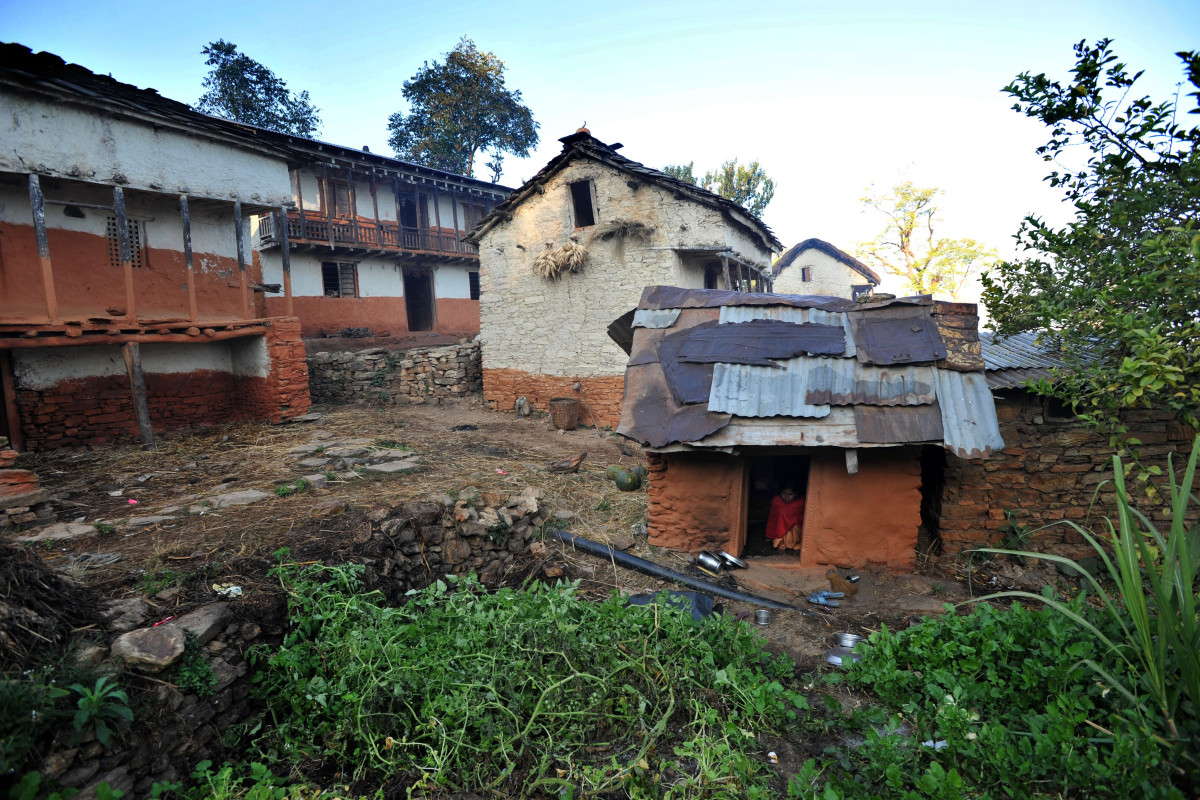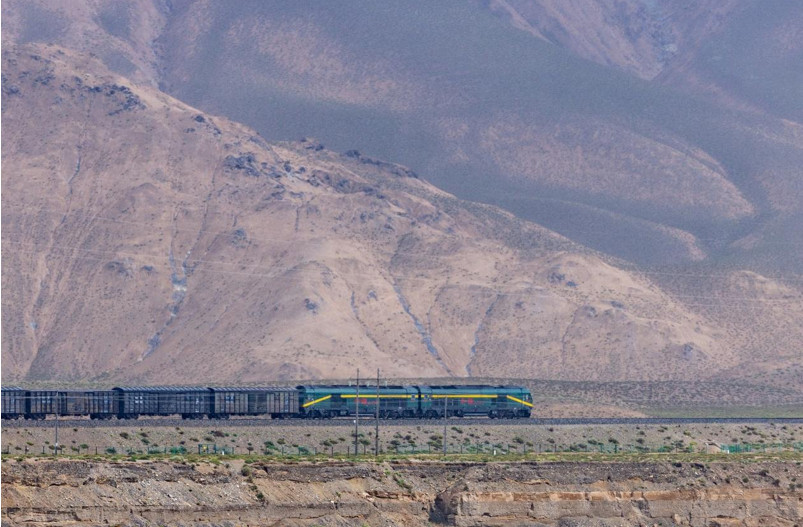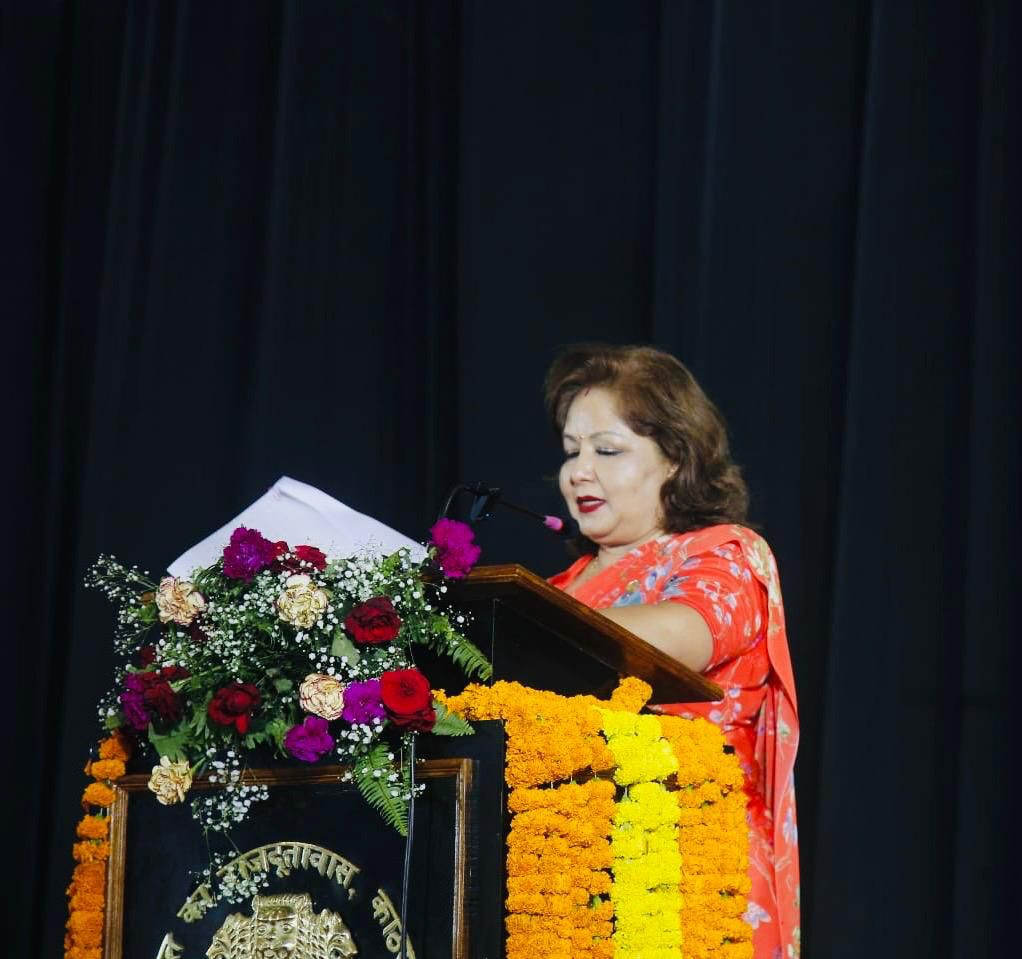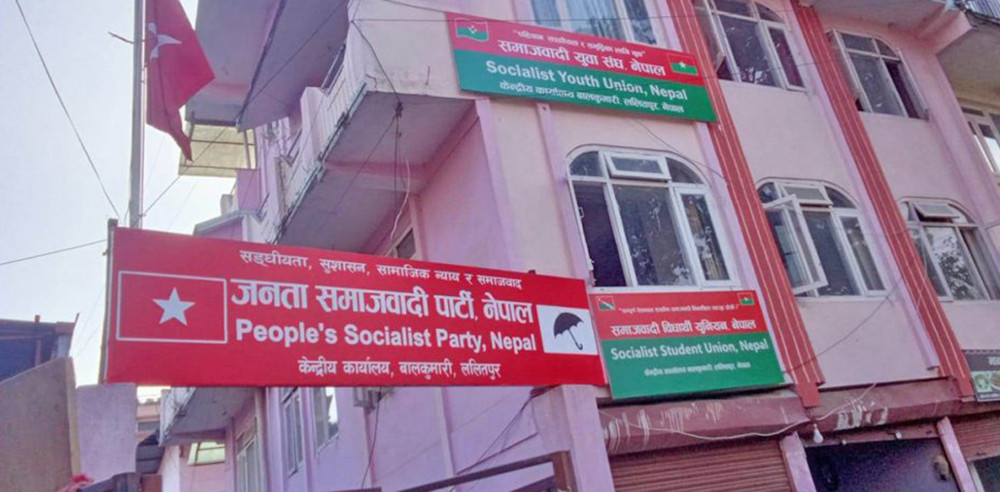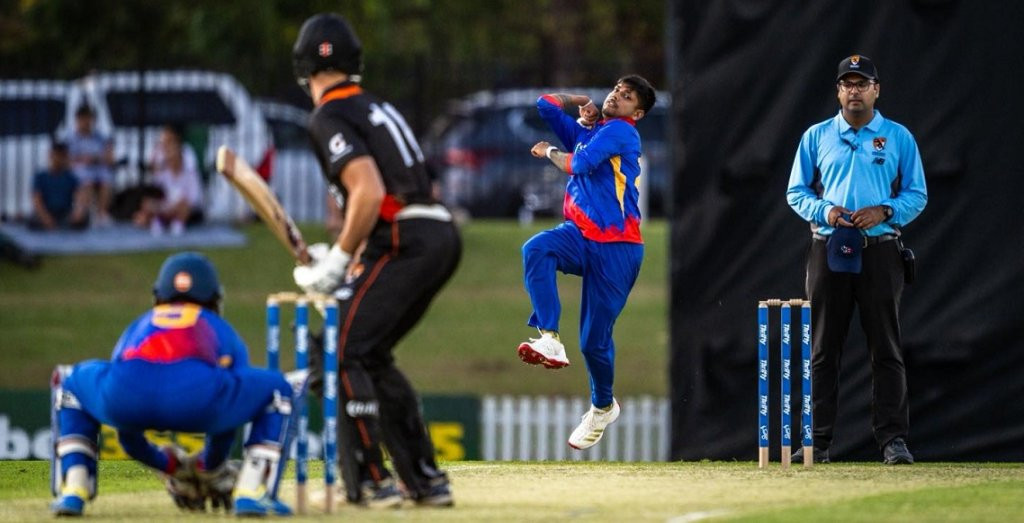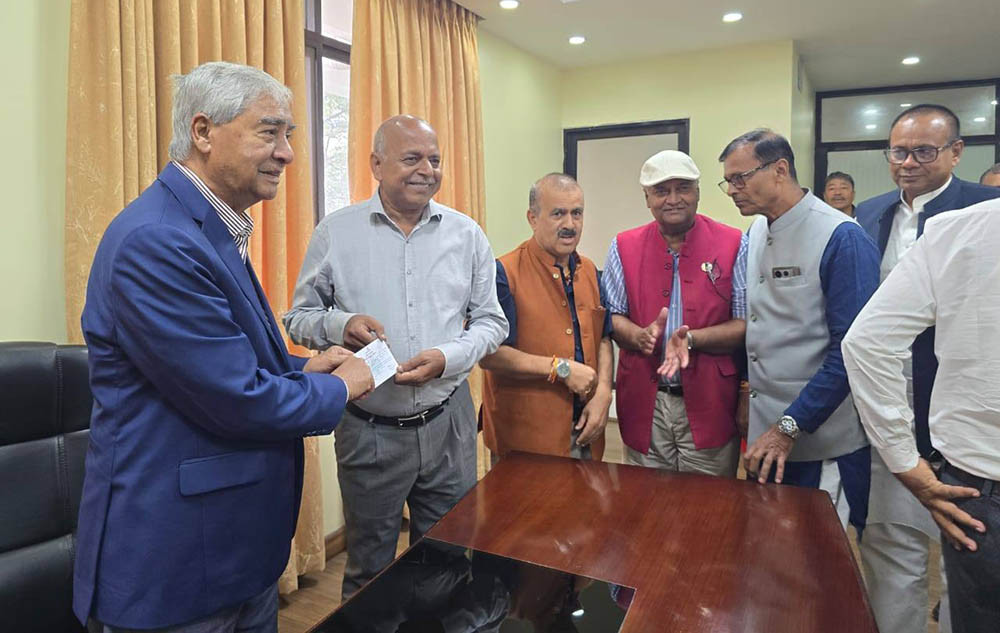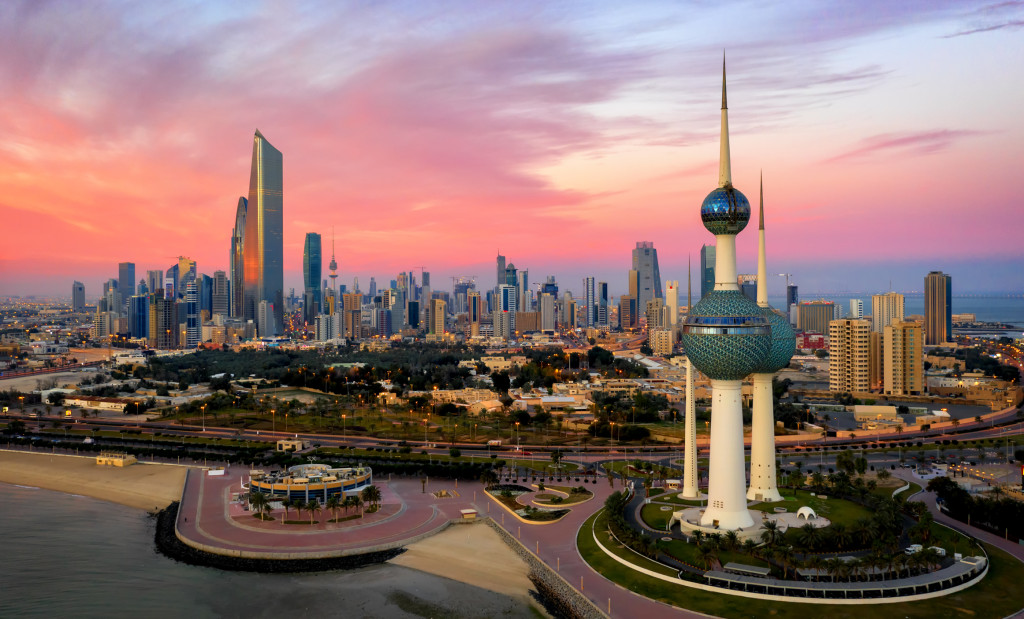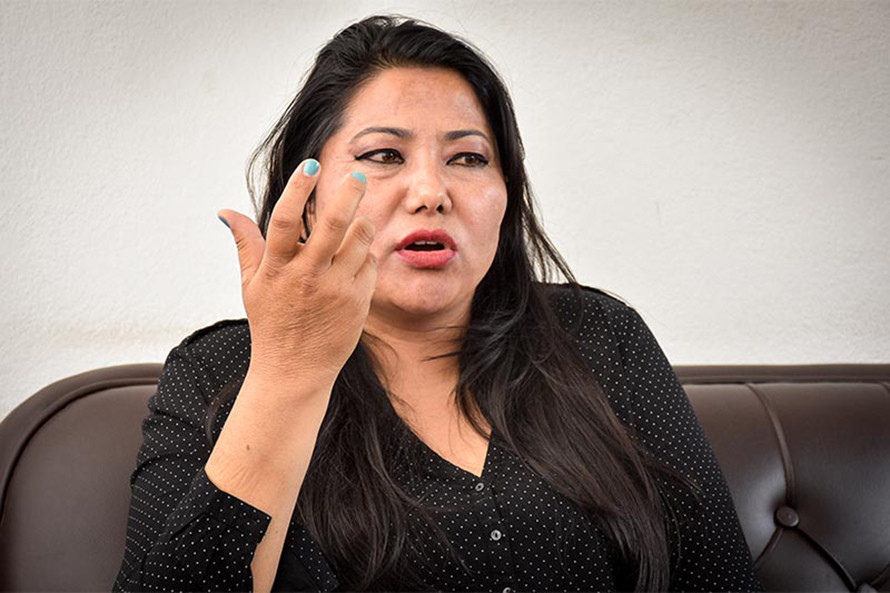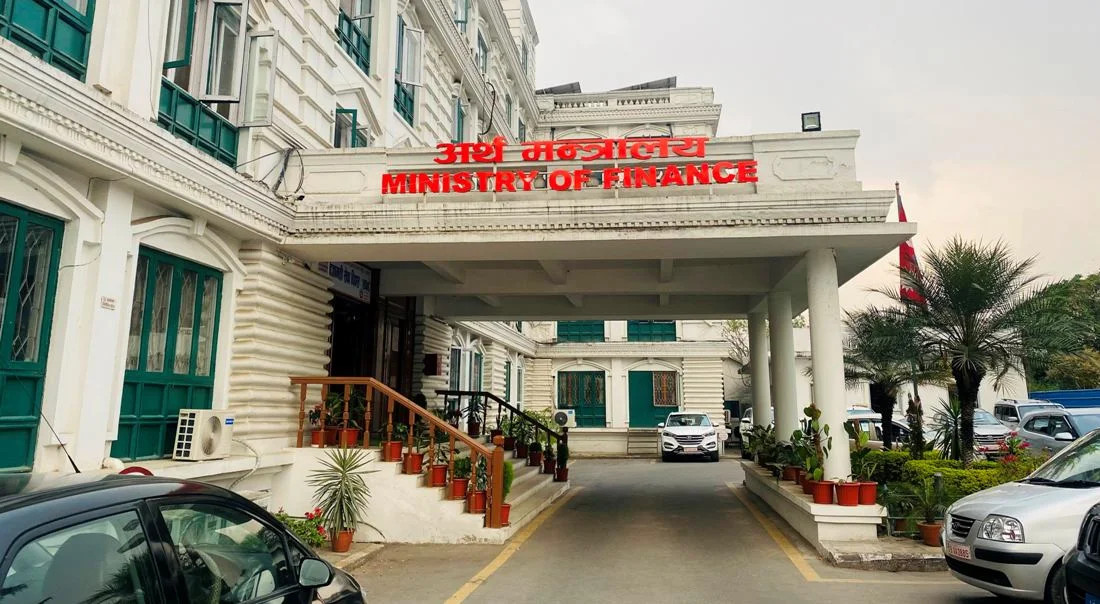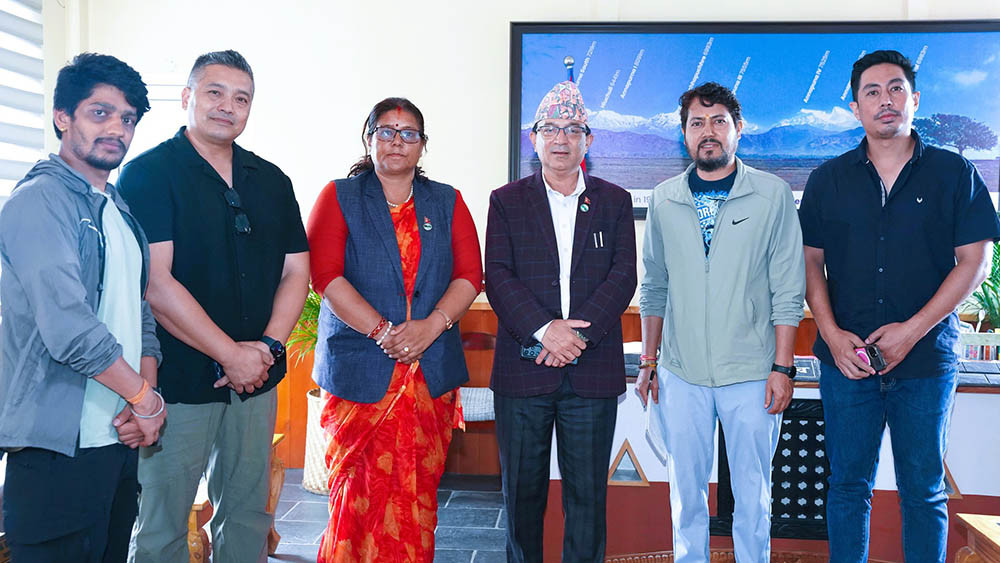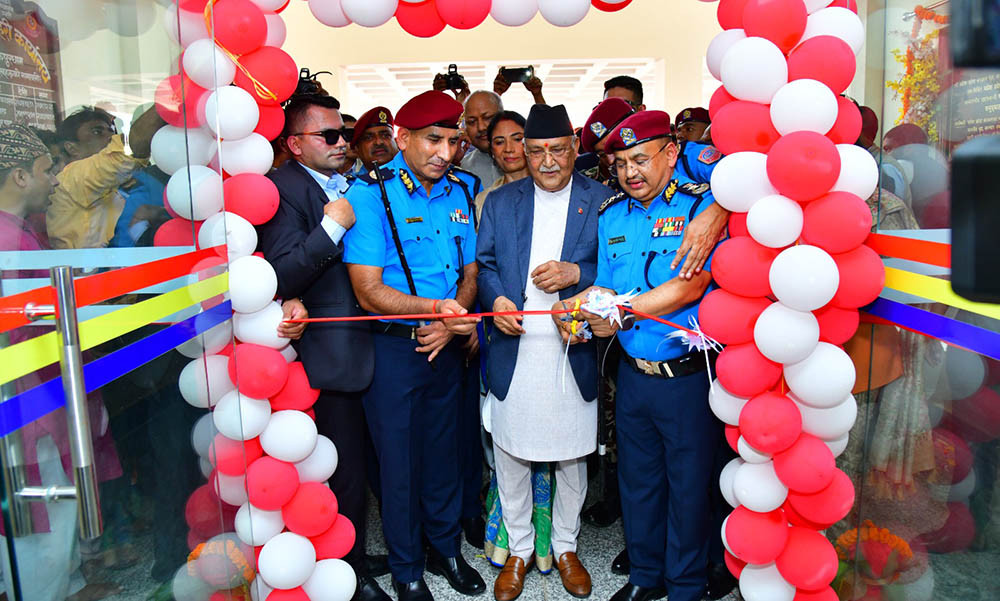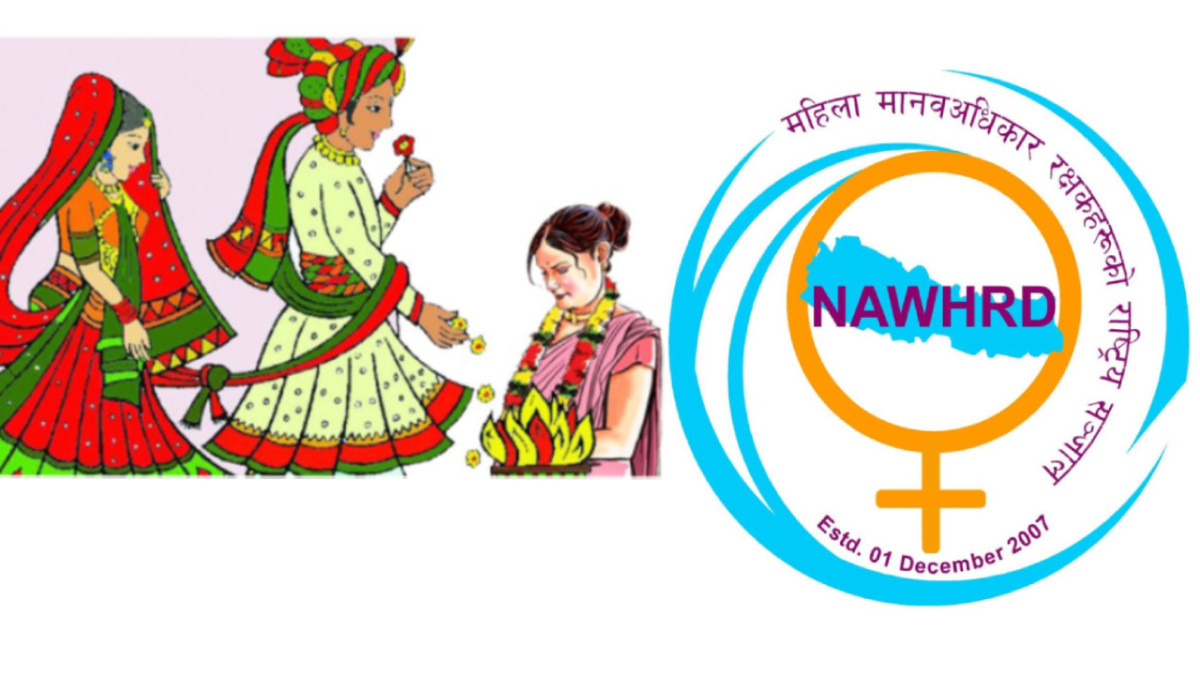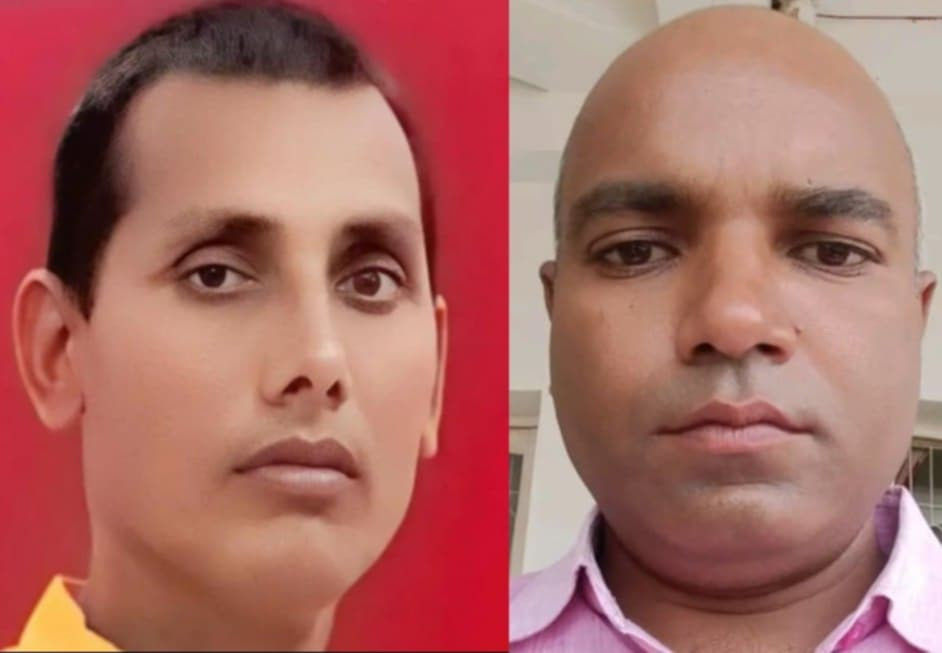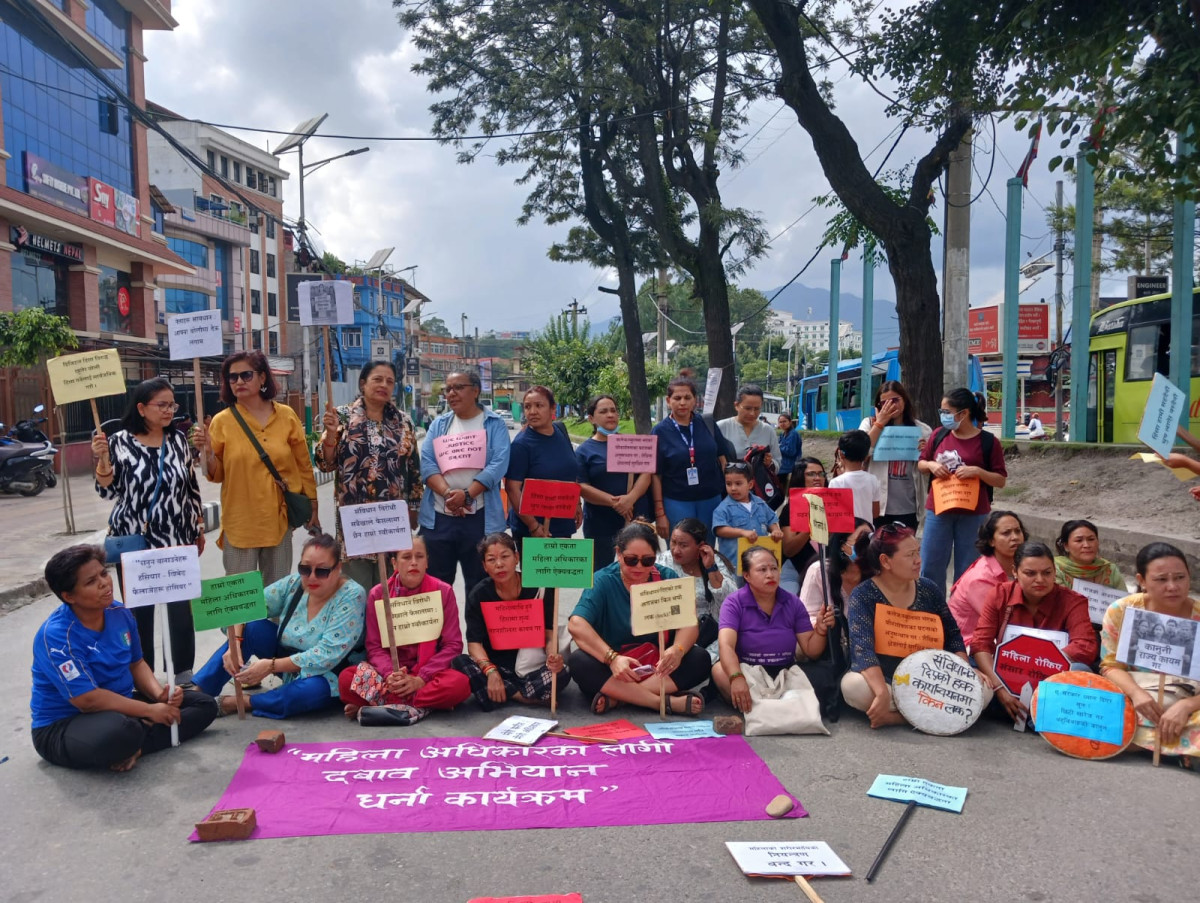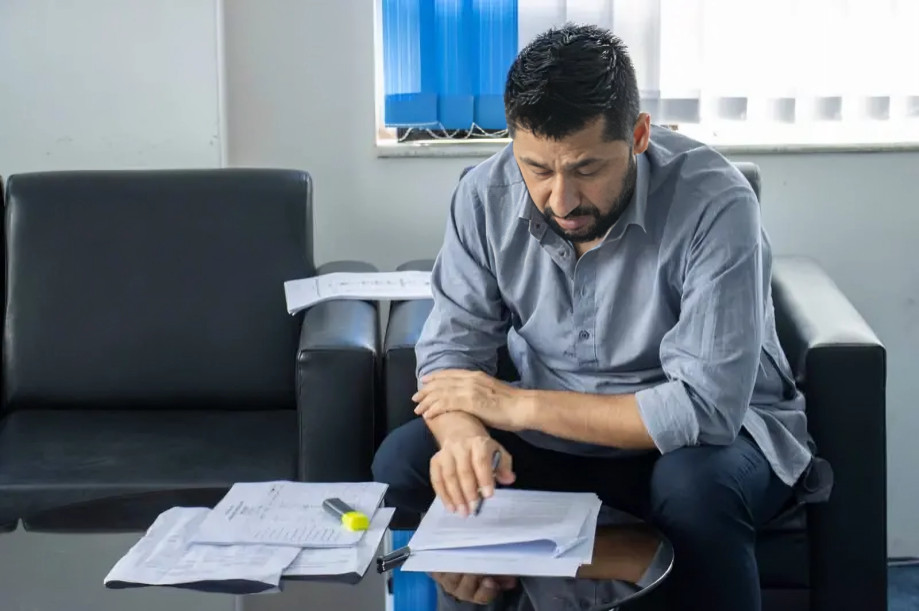Experts and rights advocates have called for the full decriminalization of abortion in Nepal, emphasizing that it is a basic human need, not a privilege, and should be treated as a matter of rights, not criminal law.
At a discussion program titled “My Body, My Right – Safe Abortion and Decriminalization,” held in Kathmandu on Tuesday, speakers from medical, legal, and rights-based sectors urged policymakers to remove abortion from Nepal’s criminal framework and to ensure unrestricted access to safe abortion services.
Legal Confusion Hindering Access
Sabin Shrestha, Executive Director of the Forum for Women, Law and Development (FWLD), highlighted inconsistencies in Nepal's abortion laws. While the Safe Motherhood and Reproductive Health Rights Act (2018) permits abortion up to 28 weeks under specific conditions, the Penal Code (2017) only decriminalizes abortion up to 18 weeks in cases of rape or incest.
"This legal contradiction has created confusion among service providers and women alike," said Advocate Shrestha. He stressed the urgent need to fully decriminalize abortion, especially in cases involving rape, severe fetal abnormalities, or serious risks to the mother’s life. He cited a harrowing case of a 12-year-old rape survivor who was forced to give birth due to legal restrictions, underscoring the real-life consequences of unclear laws.
Medical Perspective: A Matter of Life and Death
Dr. Padam Raj Pant, Chairperson of the Nepal Society of Obstetricians and Gynecologists, emphasized the medical realities surrounding abortion access. “Every maternal death due to pregnancy complications is a tragedy-and often preventable,” he said, calling for legal reform to align with humane and professional medical judgment.
"While abortion is permitted up to 28 weeks in special cases, doctors are often compelled to act out of humanity-putting the life of the mother first," he added.
Human Rights and Dignity
Reproductive health rights specialist Advocate Sonali Regmi pointed out that abortion is not only a health issue but also one of dignity, autonomy, and equality.
“Abortion is a matter of self-determination, bodily autonomy, and security for women,” she said. Regmi challenged common media-driven myths-particularly the belief that most abortion seekers are young, unmarried girls. “55% of women who seek abortions already have children,” she noted, citing research.
She added that denying abortion access violates women's fundamental rights, including their rights to education, employment, and equality.
Need for Inclusive Reform
Legal advisor Prabhakar Shrestha from the Center for Reproductive Rights emphasized the need for policy reforms that align with Nepal’s constitutional and international obligations on women’s rights.
Sancharika Samuha Chair Kamala Panthi added, “Most women seek abortion services out of need, not choice. It’s not just a decision’s often a necessity rooted in complex social, personal, and medical realities.”
Participants at the event also highlighted the lack of safe abortion services in rural areas, the continued prevalence of sex-selective abortions, and the legal gaps in addressing abortion access for minors, rape survivors, and women with disabilities.
Joint Effort Toward Reform
The event was jointly organized by Sancharika Samuha Nepal, the Center for Reproductive Rights, and the Forum for Women, Law and Development (FWLD). The gathering ended with a unified call for clear, rights-based policies that recognize abortion as essential healthcare and ensure no woman is left behind due to legal, geographic, or social barriers.


.gif)



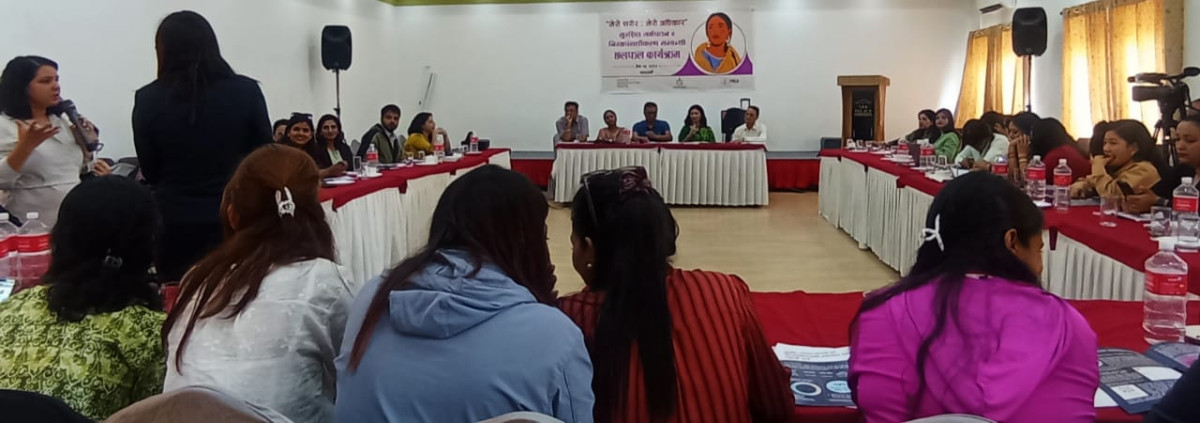


.jpeg)
.gif)


